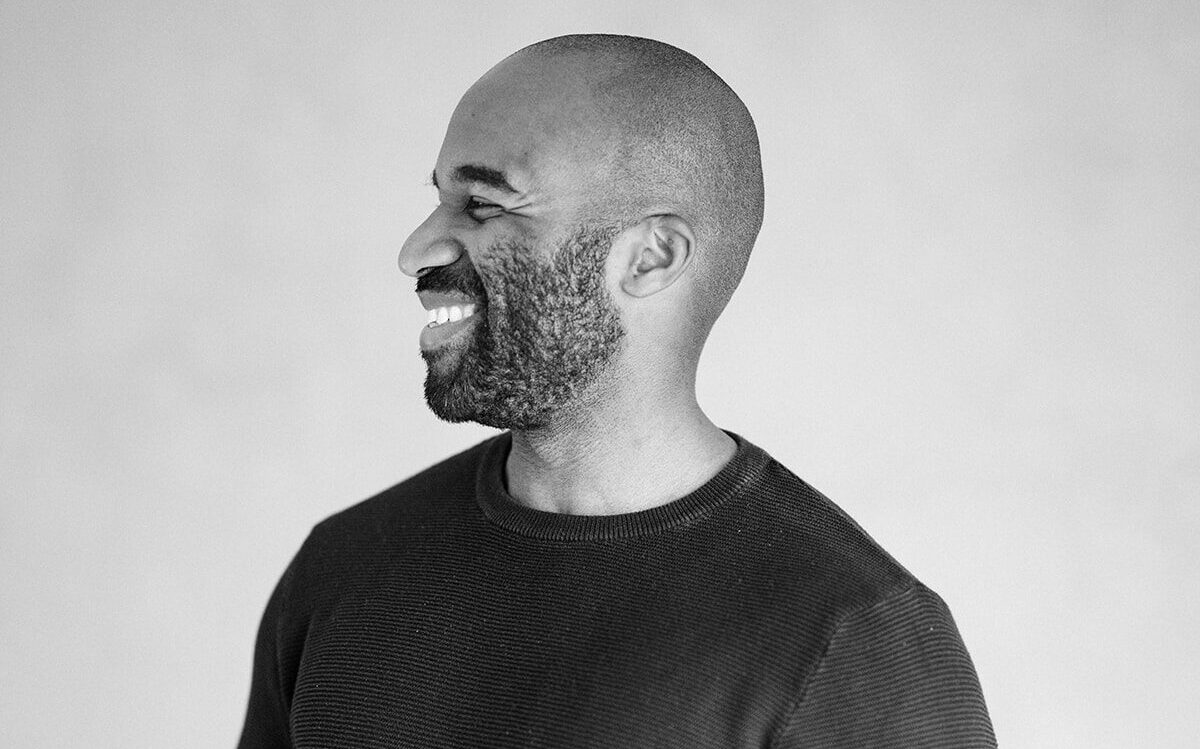Learning to say "no" is a crucial skill in managing your time, energy, and overall well-being. Yet, many of us struggle with turning down requests, often feeling obligated to provide a lengthy justification for our decision. Here's how you can master the art of saying no gracefully and without explanation, allowing you to maintain your boundaries respectfully and effectively.
Understand the Value of Your Time and Energy
Before you can comfortably say no, it's essential to recognize the value of your own time and energy. Every yes is a no to something else. Consider what commitments are most important to you and recognize that your resources are limited. This mindset shift is crucial for feeling justified in turning down requests that don't align with your priorities.
Recognize That No Is a Complete Sentence
"No" does not require justification, elaboration, or apology. It is a complete sentence. This concept is vital in maintaining your boundaries and ensuring you do not overcommit. Reminding yourself that you have the right to allocate your time and energy as you see fit helps solidify your resolve to say no when necessary.
Practice Makes Perfect
The more you practice saying no, the easier it becomes. Start small with low-stakes situations that don't make you feel overly anxious. Gradually, as you become more comfortable, you can apply this skill to more significant or more challenging requests.
Keep Your Response Simple and Polite
When you decide to say no, keep your response straightforward and polite. A simple "Thank you for thinking of me, but I’ll have to pass," or "I appreciate the offer, but I can’t commit to that right now," maintains politeness and respect without opening the door for negotiation.
Don’t Delay Your Response
When you know your answer is no, deliver it promptly. Delaying your response can lead to unnecessary stress and often makes the situation more complicated than it needs to be.
Stay Firm and Don’t Back Down
If your no is met with pressure to explain or reconsider, remain firm but polite. Reiterate your initial response and change the subject if necessary. Consistency is key in reinforcing your boundaries.
Focus on Your Needs
Remember, it’s okay to prioritize your own needs over others' requests. It's not selfish to take care of yourself. Keeping your well-being at the forefront helps mitigate feelings of guilt associated with saying no.
Offer Alternatives When Appropriate
Sometimes, you might want to help but aren't able to commit in the way someone has asked. Offering an alternative that you are comfortable with can be a constructive way to say no. For example, "I can’t join the committee, but I can attend some meetings as an observer when my schedule allows."
Reflect on Your Experiences
After you've said no, take some time to reflect on the experience. How did it feel? What was the reaction? Most often, you'll find the consequences are less severe than you anticipated, which can build your confidence to continue asserting your boundaries.
For more, follow me on Instagram or see what I offer here.
Share this story


